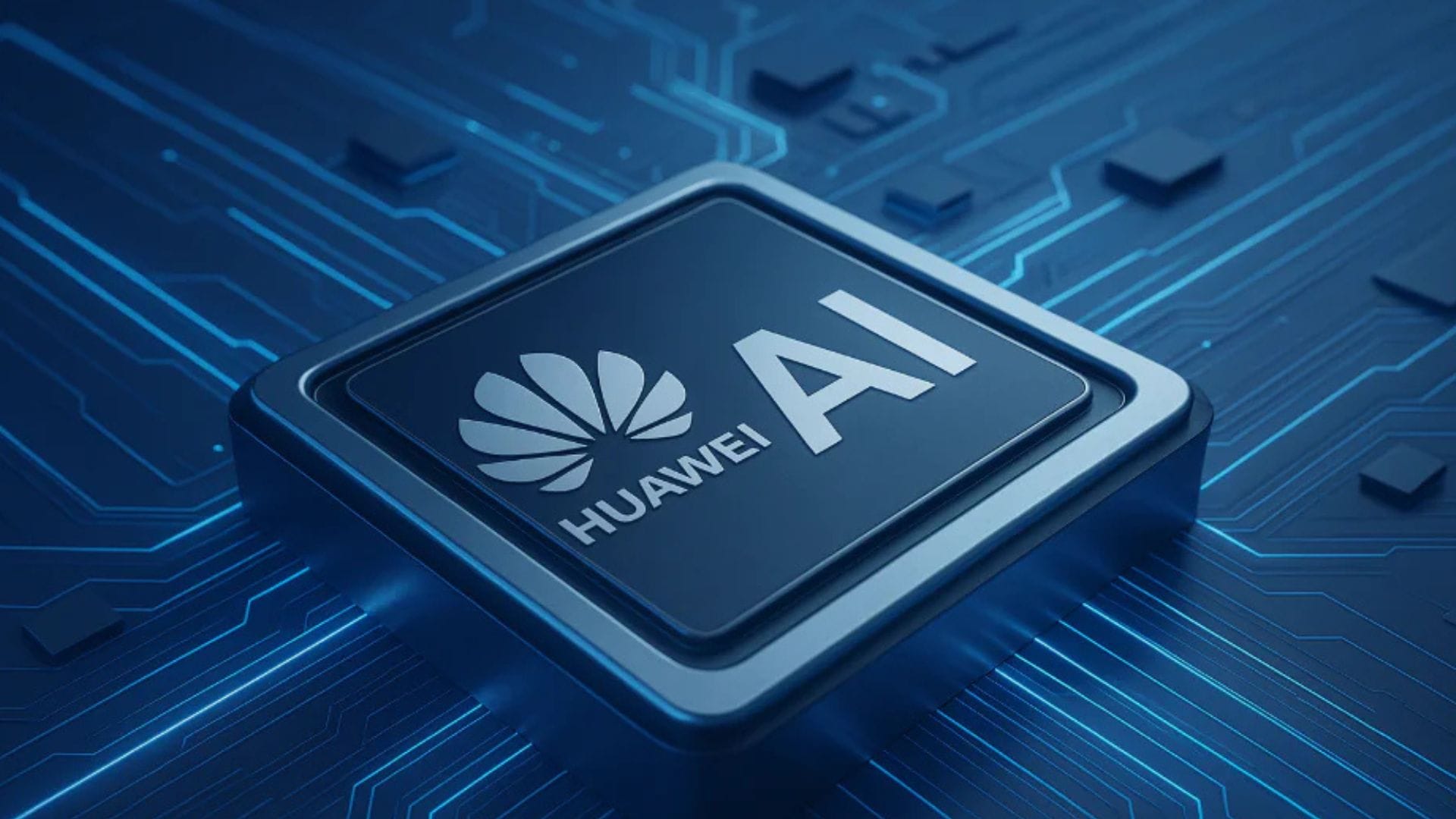How Huawei is outpacing US sanctions to lead China’s AI charge
Huawei defies US tech bans with its Ascend AI chips, aiming to lead China’s semiconductor push through system-wide innovation.

You might remember back in 2019 when Huawei Technologies was added to the US trade blacklist, and its ambitions in artificial intelligence (AI) looked seriously threatened. Just months earlier, Huawei had proudly launched what it claimed to be the world’s most powerful AI chip—the Ascend 910. But the celebration was short-lived. By August 2020, the US Commerce Department had tightened rules, banning any semiconductor product or service involving US tech from being sold to Huawei without special permission.
That forced Taiwan Semiconductor Manufacturing Co (TSMC), the world’s most advanced chipmaker, to cut ties with Huawei. Experts predicted Huawei’s survival as a tech powerhouse might be seriously doubtful.
Fast-forward to 2025, and the story is remarkably different. Huawei has adapted and emerged as a serious contender in the global AI chip race, showing resilience that even caught Nvidia CEO Jensen Huang’s attention. Huang recently admitted that US export controls had “failed” and warned that Huawei could overtake US firms in AI hardware—especially if restrictions remain.
The rise of CloudMatrix and Huawei’s homegrown chips
Huawei’s strength lies in its new AI system called CloudMatrix 384, built on its own Ascend 910C chips. Combined with 192 Kunpeng CPUs, these processors deliver powerful performance for training large AI models. A joint paper by Huawei and start-up SiliconFlow showed that CloudMatrix outperformed Nvidia’s popular SGLang framework in key areas like inference and decoding.
This is a big deal. Huawei’s chip design, which uses two processing dies in one package and shares high-bandwidth memory, has enabled it to keep pace with global leaders—even while using a chip architecture that’s technically a generation behind.
Still, it’s the system-level approach that sets Huawei apart. “It’s not about one chip doing everything,” said Kevin Xu, founder of Interconnected Capital. “It’s about how well those chips work together. And that’s Huawei’s strength.”
Huawei’s efficiency gives rise to new momentum across China’s AI industry. CloudMatrix can process 1,943 tokens per second per neural processor, staying below 50 milliseconds per token—highly efficient by any standard. Analysts suggest this scalable solution could become a leading platform for AI workloads, rivalling Nvidia’s own data centre solutions.
China doubles down on local chip production
Despite ongoing US restrictions, Huawei has managed to scale up production. This success may be partly due to China’s broader effort to build a complete semiconductor supply chain. Firms like SiCarrier have gained attention for their chip-making equipment, possibly contributing to Huawei’s advances.
As a result, analysts at Mizuho Securities estimate that Huawei could ship as many as 700,000 Ascend 910 series chips in 2025, far more than the 200,000 expected by US officials. Meanwhile, companies like iFlytek and SenseTime have shifted to domestic chips, accepting some delays in return for supply security.
But challenges remain. Top Chinese tech firms like Alibaba and Tencent are still working through stockpiled Nvidia chips. Once those run out, the demand for local alternatives like Huawei’s will be tested.
In another area of the chip industry—electronic design automation (EDA) software—Chinese firms like Empyrean are stepping up. With leading EDA providers like Synopsys and Cadence forced out of the Chinese market, Empyrean says it now provides 80% of the 58 tools needed to design chips. The company hopes to cover them all in time, with support from China’s semiconductor ecosystem.
However, using home-grown chips isn’t always simple. Developers must consider how their AI models will be accepted abroad, where compliance with international standards may be questioned.
Still, Huawei keeps moving forward. In an interview, Founder Ren Zhengfei said that worrying about US sanctions is “useless”—he prefers to take things one step at a time.
While Huawei hasn’t yet matched US firms chip-for-chip, its system-wide innovation and ability to adapt may soon allow it to leap ahead, especially if export controls stay in place. The message is clear: Huawei will if US firms don’t sell to China.
















